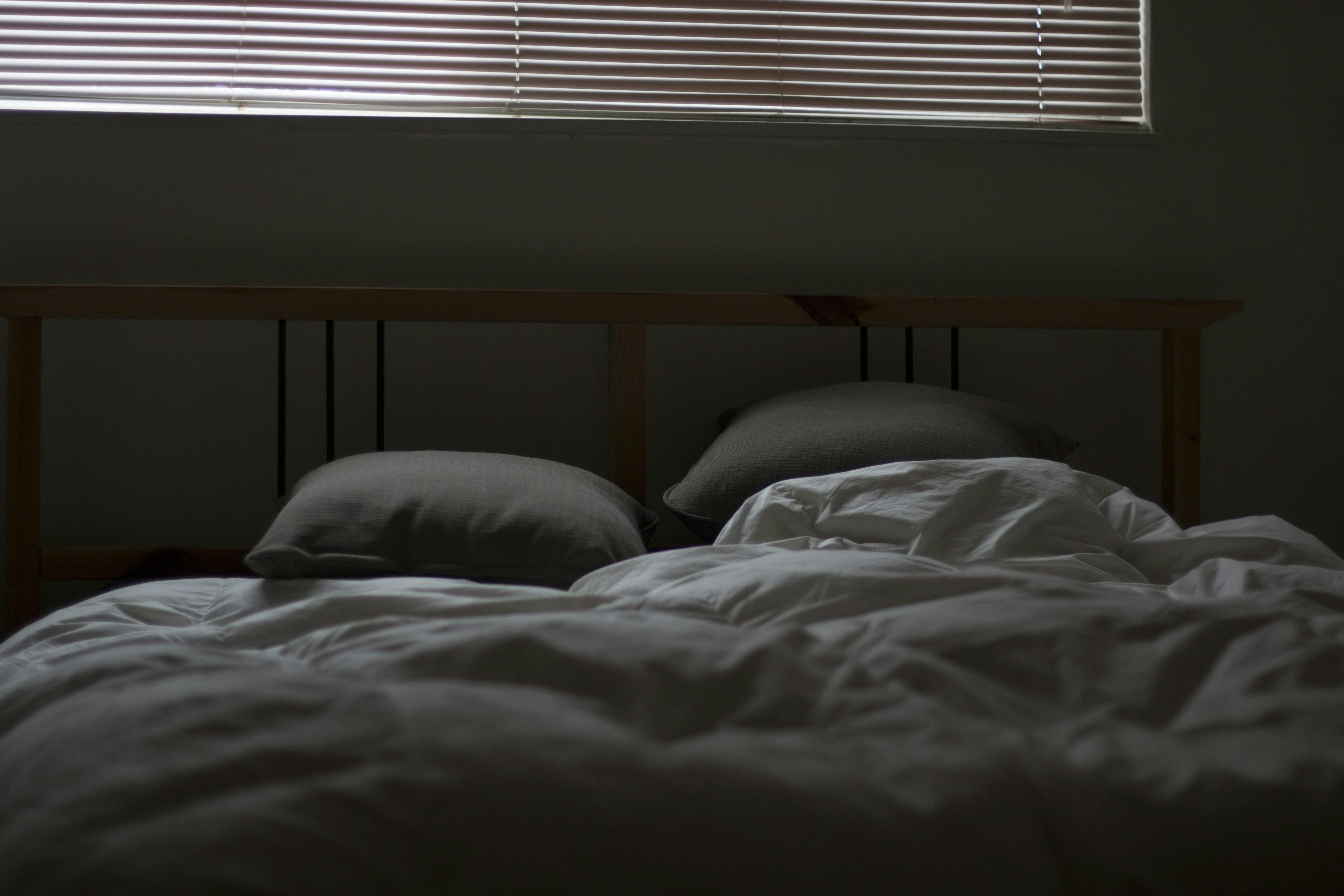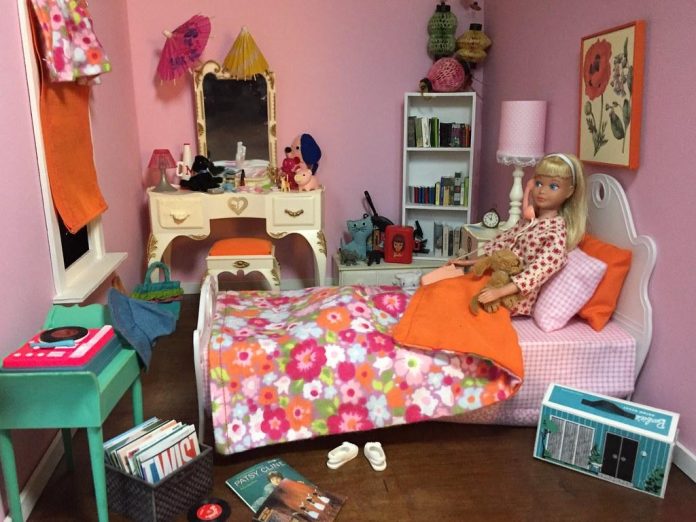In the quiet embrace of night, as the world slows its pace, many find themselves wrestling with the elusive promise of restful sleep. The secret to transforming these restless hours into a sanctuary of tranquility lies in crafting a bedtime routine tailored to your needs. This article explores the art and science of building a nightly ritual that not only lulls you into slumber but also enriches the quality of your rest. Discover how simple, mindful practices can guide you into the gentle arms of sleep, turning your evenings into a prelude of peace and rejuvenation.
Crafting the Perfect Evening Atmosphere
To transform your evening into a sanctuary of tranquility, consider a few thoughtful adjustments. Lighting plays a crucial role; opt for soft, warm lights or dimmable lamps to signal your brain it’s time to wind down. Incorporating soothing scents such as lavender or chamomile through essential oils or candles can further enhance the atmosphere.
Create a playlist of calming sounds or gentle music to fill the room with serenity. Consider adding some of these elements to your routine:
- Aromatherapy: Use a diffuser with relaxing essential oils.
- Weighted blankets: Provide a comforting embrace.
- Gentle stretches or yoga: Release tension and promote relaxation.
By tailoring your environment to support relaxation, you pave the way for a restful night and rejuvenated mornings.
Mindful Activities to Wind Down Your Day
As the day comes to a close, engaging in mindful activities can be a soothing way to prepare your mind and body for rest. These practices encourage relaxation and help signal to your brain that it’s time to unwind. Consider incorporating the following into your nightly routine:
- Gentle Yoga: Simple stretches and poses can release tension, improve flexibility, and foster a sense of calm.
- Meditation: Even a few minutes of deep breathing or guided meditation can center your thoughts and reduce stress.
- Reading: Choose a light, enjoyable book to help distract from daily worries and ease into a restful state.
- Journaling: Reflect on your day by jotting down thoughts or gratitude, clearing your mind for a peaceful sleep.
Embracing these practices can transform your bedtime routine into a nurturing ritual, paving the way for better sleep and overall well-being.

The Role of Nutrition and Hydration Before Bed
As bedtime approaches, what you consume can significantly impact your sleep quality. The right balance of nutrition and hydration is essential to prepare your body for a restful night. Avoid large meals late in the evening, as digestion can interfere with sleep cycles. Instead, opt for a light snack if you’re hungry. Consider foods rich in tryptophan, magnesium, or melatonin, such as:
- Almonds
- Bananas
- Oatmeal
- Cherries
Hydration is equally important, but timing is key. Drink water throughout the day, reducing intake closer to bedtime to minimize nighttime awakenings. Herbal teas like chamomile or peppermint can be soothing choices, promoting relaxation without caffeine. By mindfully selecting what you eat and drink before bed, you create a foundation for a serene sleep environment.

Technology and Sleep: Finding the Balance
In today’s digital age, technology plays a significant role in our daily lives, but it can also disrupt our sleep patterns if not managed wisely. To strike a harmonious balance, consider establishing a tech-friendly bedtime routine that promotes relaxation and quality rest. Start by designating a specific time to disconnect from screens. Experts suggest powering down devices at least 30 minutes before bedtime to allow your mind to unwind naturally.
- Adjust the lighting: Use blue light filters or switch to night mode on your devices to reduce exposure to sleep-disrupting blue light.
- Create a calming playlist: Listening to soothing music or nature sounds can help transition your mind into a restful state.
- Explore tech-free activities: Consider reading a physical book, practicing meditation, or jotting down thoughts in a journal.
Integrating these practices into your nightly routine can foster a more peaceful environment conducive to rest, allowing you to harness technology’s benefits without sacrificing your sleep.





